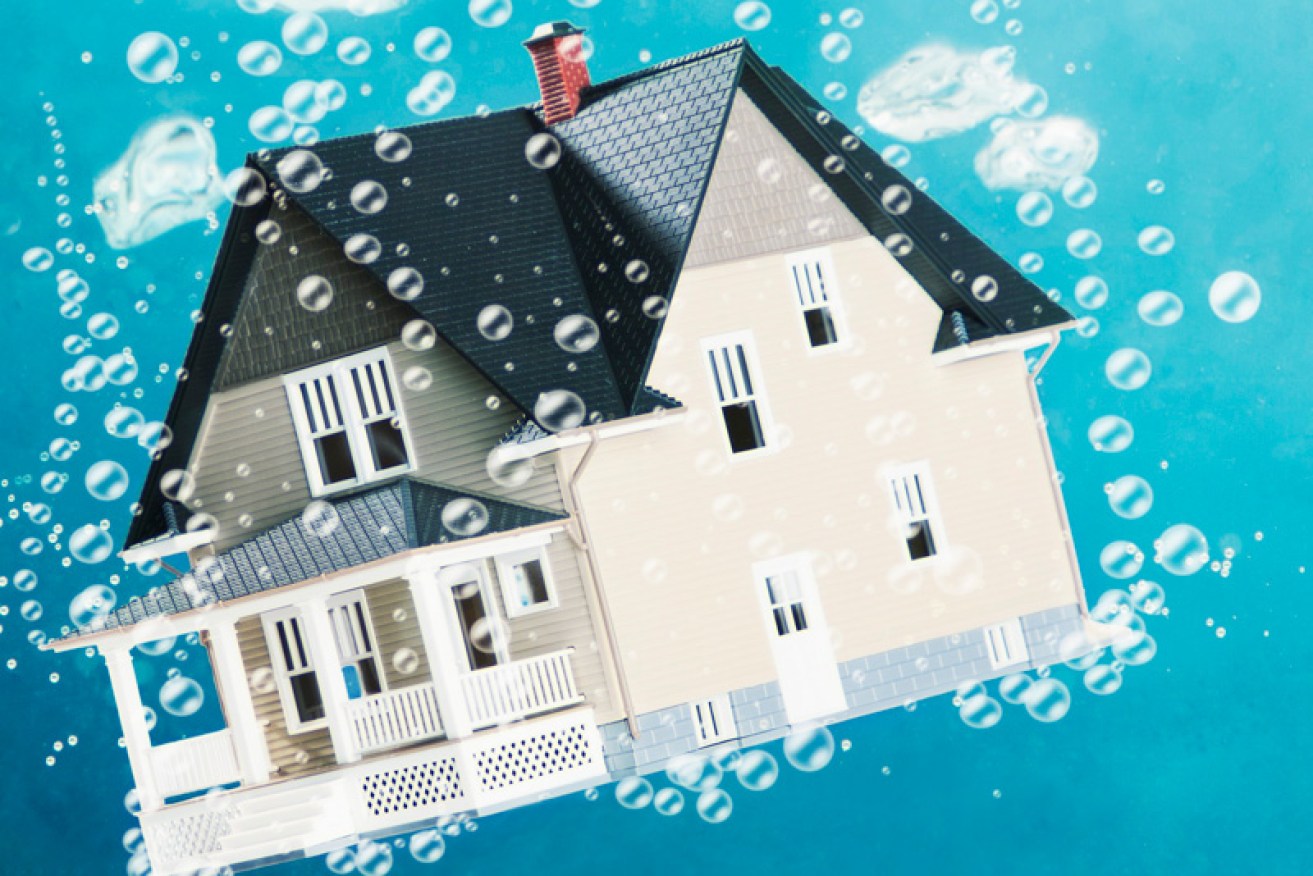This election is a referendum on the economy


Getty
There is no doubt that Australia is writing itself into the economic history books, though most likely under chapter headings such as ‘Grand Delusions‘ or ‘Why Australia wasn’t different’.
That is because of a simple, and very human addiction to what some economists call ‘bigger fool economics‘, which involves successive generations borrowing ever-larger sums of money to buy the same assets – houses.
• We deserve more than slogans and rhetoric
• PM moves to axe roads body
• US, Aussie stocks jump on rising oil price
As the author of Bubble Economics, Philip Soos, writes, “since 1996, housing prices, adjusted for inflation and quality, have soared by 141 per cent through to 2015”.
That’s roughly equivalent to saying ‘home buyers are borrowing 141 per cent more!’
More bucks, same bang

Young Australians are taking on massive housing debt. Photo:Getty
If the housing figures were applied to, say, a shoe factory, the bubble part of our economy would be plain to see.
No investor would pay $2.41 million for a factory that previously changed hands for $1 million (that is, a 141 per cent mark-up) , unless it was somehow able to produce 2.41 times the value of shoes as it once did.
Even with super-low rates, as we have now, the factory buyer would be factoring in rate rises in years to come.
The problem with the trajectory we’ve been on for 20 years is that eventually buyers will not be able to borrow more than the last generation, meaning price growth has to stall and potentially deflate.
And because Australian wage growth is at 50-year lows and our biggest export industries are struggling, we are on the brink of just such a turnaround.
Party-pooper policy
That is why the Labor Party has decided to call time on the great asset-bubble party, with its proposed curbs on the negative gearing of established homes and halving of capital gains tax concessions.

Foreign investors are buying into the debt bubble. Photo: Getty
Labor’s policy is aimed at deflating the housing bubble in an orderly way – whether it be through wages catching up to house prices (which they’re happy to discuss), or house prices falling (which they prefer not to mention).
The only other way to keep the 20-year property windfall going is to invite large numbers of reckless investors from abroad to blow the bubble even bigger.
That is exactly the path the Coalition is committing Australia to by resolving not to do anything about the twin accelerants of negative gearing and capital gains tax concessions. Those two areas of tax don’t attract foreign investors directly, but the ongoing bubble they create through domestic borrowing/buying certainly does.
Crazy-brave politics
Labor was doing very well with its plans for tax reform, until it opened a second front in its battle with the banks by calling for a royal commission to root out toxic cultures and corrupt practices.
That’s not to say such a royal commission isn’t needed – just that the banks were already set to lose business via the negative gearing and capital gains tax reforms, and are now livid at the thought of spending tens of millions of dollars defending themselves in front of a royal commission as well.
By whacking the banking beehive in this way, Labor now looks to be inviting a mining-tax-style lobbying campaign funded by the banks. As explained previously, it’s the sums of money involved for the banks that make this likely.
Fairfax papers reported on Wednesday that banks are preparing to “push back” against the royal commission idea, and the Australian Bankers Association has “not ruled out” an ad campaign on the issue.

Prime Minister Turnbull would benefit from bank-funded attack ads. Photo: Getty
Given the banks’ pockets are as deep as those of the big miners, whose attack ads helped topple Kevin Rudd in 2010, Labor may end up wondering why it picked this fight at this time.
Bank corruption is not unrelated to Australia’s bubble-economy problems, but neither is it the key driver. If tackling both problems at once rouses the banks to political action, it will be a huge own-goal for Labor.
The bubble referendum
The 2016 election will be the last time most Australians go to the polls believing that the ‘wealth’ generated in the housing market has been conjured out of thin air.
In fact, it is conjured out of the pockets of younger homebuyers and overseas investors quite prepared to take capital losses here rather than lose their money at home.
Labor has made the 2016 election a referendum on the bubble economy, but by over-reaching on the issue of bank corruption it has made it one it’s likely to lose.









